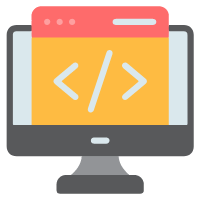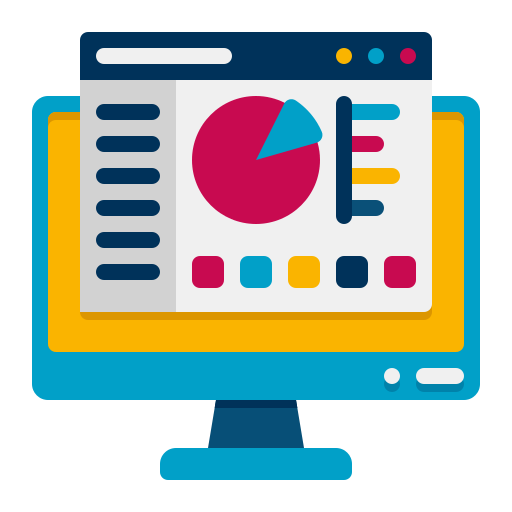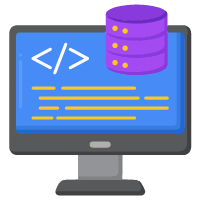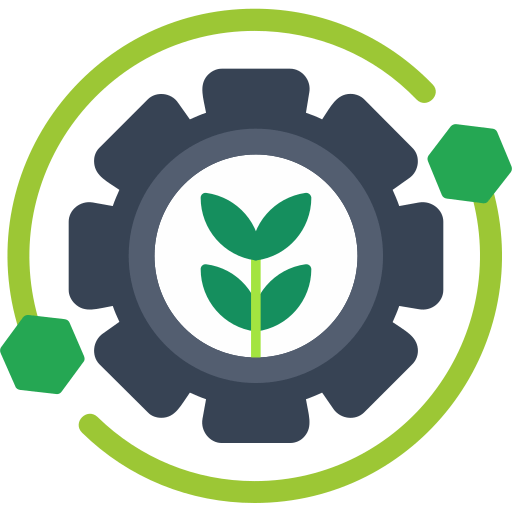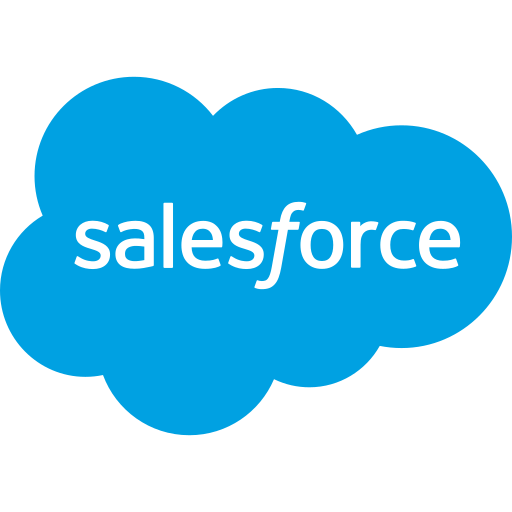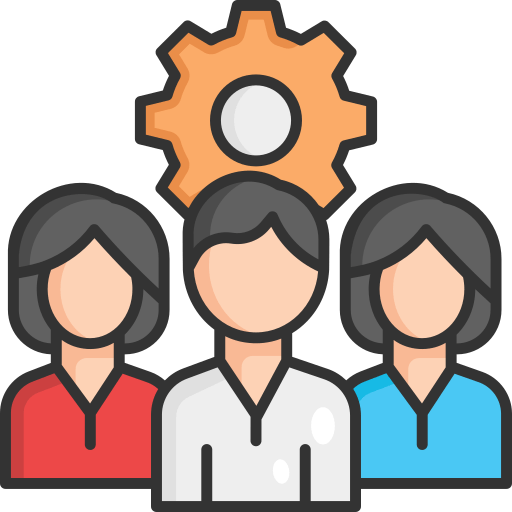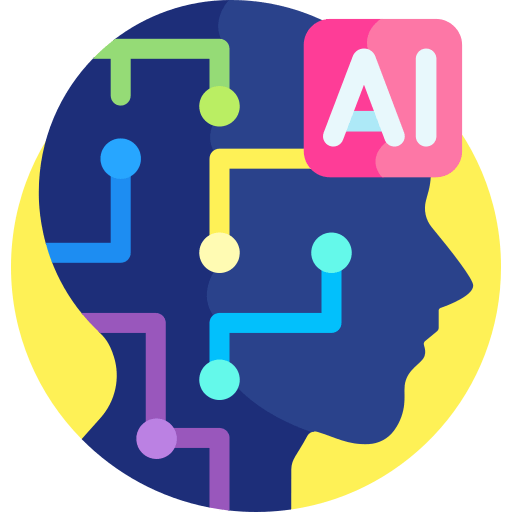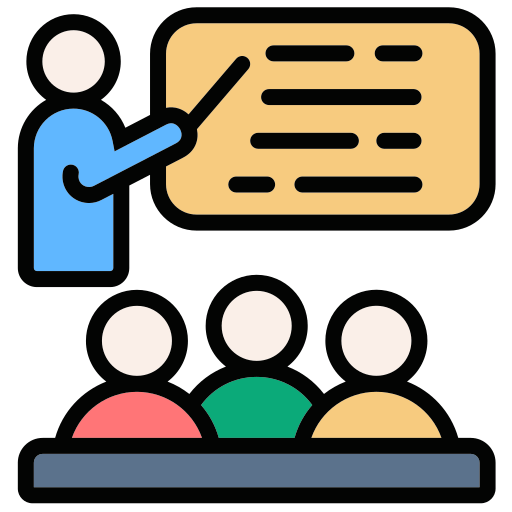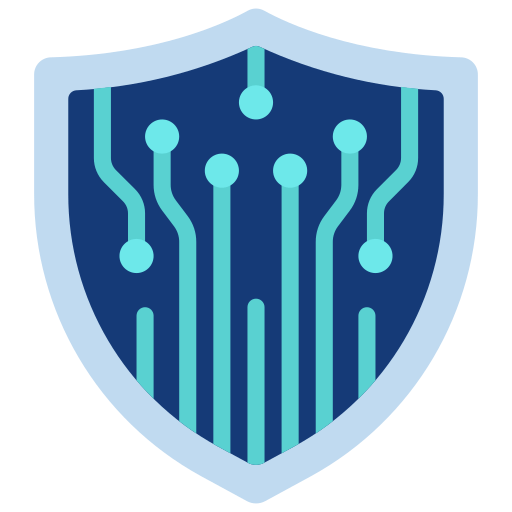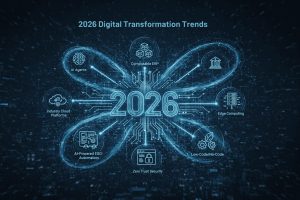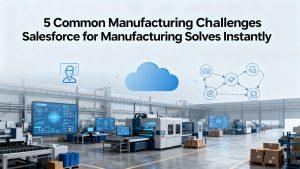We all know how artificial intelligence (AI) and especially Generative AI has become the talk of the town. In this blog, as a Human Resource professional, I will focus on how AI will create an impact on Human Resources.
Let us understand the role of AI in HR. In this blog, we will see how AI can assist Human resources and will this mean AI will take over HR jobs in future.
What is AI?
In simple words, AI is a smart machine that can perform human tasks with human intelligence. It is deployed in every field of living. Self-driving cars, medical diagnosis, virtual assistants like Siri Alexa, chat bots on your company website, generative AI tools like ChatGPT (for text), MuseNet (for audio), Synthesia (for video), Midjourney (for images), are a few examples of AI in real life.
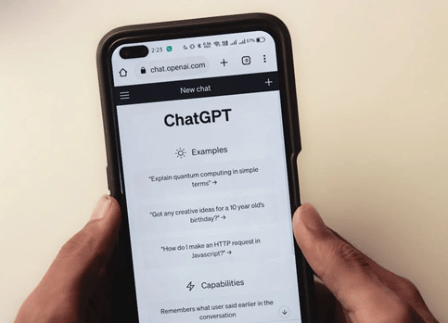
Is AI taking away jobs?
In an article by McKinsey Global Institute automation could displace up to 800 million jobs worldwide by 2030 which accounts for 20% of the global workforce.
Well undoubtedly AI is going to have an impact on jobs that are monotonous, repetitive and can be easily automated. Sectors like manufacturing, customer service, transportation etc. are taking a major hit. AI has replaced humans and manual jobs have become very limited. While on one hand, AI has shrunk the job market in some industries, AI is also creating more jobs in the burgeoning IT sector. If you are willing to adapt AI and develop the skills of machine learning, data science, cybersecurity and AI engineering, there are going to be many jobs in the future that would need humans.
Change always disrupts initially and then with time it becomes the way of living. So prepare yourselves for the change by accepting and building up skills.

Now let us read about how AI is going to create an impact on Human Resource in a larger picture.
The role of Artificial Intelligence in Human Resources
As we all know AI is making a mark in various industries and job functions, HR is no different.
AI can be used to bring more efficiency and productivity by automating the tasks that do not need human touch.
Human Resources is an area of work that is hard to be replaced by a bot (AI). Artificial intelligence is only capable of doing monotonous tasks or a predefined activity. Therefore, there will always be a demand for HR jobs as they understand people and situations. Emotional intelligence will forever be the key in Human Resource management.
So that being the case, one should not worry about AI taking away employment when HR opportunities are concerned.
But having said that, there are some HR functions where AI can be adapted to deliver better in a lesser time.

1. Talent Acquisition- AI bots are extensively being used in the recruitment process by HR professionals. Identification of candidates with the right skill set on various job portals and social media platforms, application and resume screening based on the job requirements, test evaluation, scheduling interviews are the areas taken care by bots. This frees up time for the recruiters and also hiring becomes more diversified and unbiased in nature.
As per a report published on LinkedIn, AI tools are used by 65% of the Fortune 500 companies in their recruitment process and 99% of the Fortune 500 companies are ready for incorporating AI practices at work. Few examples of AI tools in recruitment are HireVue and Fetecher.
2. Employee Help Desk- Some companies are deploying chat bots for helping out employees with their everyday queries. Unlike Human Resources, AI Chatbots are available 24/7 for employee assistance. This way answers related to pay, leave eligibility, reimbursement approvals, HR policies, upcoming events and holidays, etc are easily accessible to the employees.
Leena.ai is an example of an AI Chabot that can resolve employee queries.
RPG Group is already using Leena.ai to answer employee questions. They said that the AI chat bot answered 92% of employee queries within minutes bringing down the turnaround time.
This definitely is a sign of improved employee experience at the workplace.
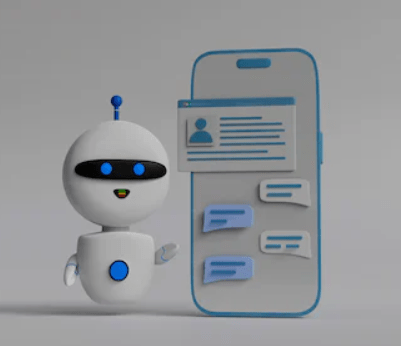
3. Onboarding of New Hires- Employee Onboarding with AI has become quite simpler for HR professionals. Many onboarding activities like uploading of all joining documents and certificates on the HRMS of the company, sharing checklist and probation plan, conducting virtual induction sessions and other mundane onboarding tasks have become automated with AI. AI can give a virtual tour of the workplace, set up virtual team introductions, assign onboarding buddy, share all policies, organization chart and work SOPs, track real time employee performance, provide feedback periodically, take employee feedback, send automatic reminders of pending and upcoming events, trainings, tasks etc. This way employees are made to feel comfortable and welcomed. They can go through the sessions time and again as they are easily accessible, ask queries without any hesitation and fear of judgment.
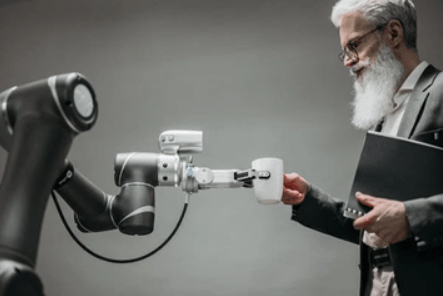
4. People Development- The AI L&D tool is capable of analyzing the higher performing employees, asking for feedback, reading and drawing summary from the comments, answering questions and suggesting additional courses for personalized learning. With Learning & development automation, gamification of the training programs comes handy in engaging employees during the course of the learning process. Scoreboards, interactive videos, scenario based assignments, reward points etc., keep employees motivated throughout the learning journey unlike traditional training methods. Post the training sessions, AI will be able to evaluate through assignments and real time performance evaluation of employees will be possible.
CYPHER Learning, an AI tool, helps in getting personalized learning recommendation of competency based courses.
5. Performance Management System (PMS)- AI can analyze data such as employee goal achievement rate, expected vs actual performance and give feedback automatically. These reviews are transparent and non-biased as they are backed by data. Therefore, the performance feedback is widely accepted by the employees as well. AI enabled PMS tools provide continuous feedback and track the progress regularly allowing real time performance visibility to the employee, managers and HR. This eliminates last minute hectic annual performance reviews. AI recommends a customized learning plan based on the current performance and skill gaps. Also, AI uses predictive analytics to provide information of future performance of an employee by analyzing past patterns. This supports the management in making decisions of promotion, rewards, and sometimes termination.
Performance Management AI tool Lattice analyzes the performance data and provides personalized feedback while Effy AI is a 360 performance feedback tool that has an automated review process, pre-defined templates and gives AI generated performance reports.
6. Payroll Management- The efficiency and accuracy of AI tools have helped Human Resources in reducing the errors in payroll processing. Moreover, with AI tools the integration of global compensation structure and employee timesheet data has become easier. Computation of taxes, incentives, overtime, payslip disbursement and other legal compliance are also simpler with automated payroll tools. AI also answers payroll queries like ‘Why have my salary deducted towards company cab services?’, ‘What is the tax benefit of having PF?’, ‘How is my new salary calculated post hike?’, ‘How can I save tax on my salary?’ etc. which is completely customized for each employee as per their compensation data or breakup.
Although HR Automated Solutions like ADP Workflow Now, Paylocity are not core AI platforms, they offer certain features and functionality that are AI powered.

7. HR Analytics and Reporting- The Human Resources partners found AI helpful in providing insights on various HR data points. AI analyzes the data, understands the pattern, compares with the market benchmark and provides facts and figures that could be used in decision making by the management. Be it resource expenses, attendance and leave patterns, attrition, hire ratio, compensation benchmark reports, HR trends, you have it all using AI algorithms. Importantly, these reports are auto generated and are downloadable.
Visier is a people analytics AI tool in this category. It helps in predictive workforce analytics.
Amazon, a well-known global brand, used AI tool in 2019 to monitor the productivity of the employees and automatically for employees who failed to meet their productivity standards as reported by The Verge.
What can one do to accept AI?
Here are some tips that HR practitioners can use to be ready for artificial intelligence.
- Embrace AI as a new tool and be open to exploring it.
- Accept the need to learn and develop an understanding of what AI is and how it is used and its implementation.
- View it as a tool that makes your job easy and efficient rather than being worried about your job security.
- Get yourself enrolled in a training program that helps you learn basic concepts of AI, data analytics, AI capabilities.
- Network with AI professionals and HR experts to see how AI can be integrated into HR roles. Participate in workshops, conferences and webinars.
- Get knowledge and explore AI tools & applications, their functions and usage in your job role.
- Be open to seeking answers to your questions about AI.
- Remember, learning never stops.
- Practice using tools to enhance your work.
Artificial Intelligence has no limitations?
Since Human Resources is more about connecting with people, AI also has certain limitations. Listing down some of those below-
- Cost of setting up AI processes initially can be much higher than the returns
- Resistance from the employees while adapting AI
- Data privacy could be compromised
- Management cannot rely on patterns, will have to dive deep in understanding the root cause
- Does not truly understand emotions at least until now
- Can be biased sometimes by rejecting good candidates for not meeting exact requirements
- May free up time of the HRs but may not give same employee experience and personal touch
So to sum up, AI is going to change how companies and people work. But artificial intelligence still needs development and implementing it in full capacity will take time. There is definitely going to be a shift in jobs. Manual jobs with repetitive tasks will be eliminated and replaced by AI just like how machines took over labor work, computers took over clerical jobs. But all these changes have created new opportunities as well.
Similarly, not all human resources functions would be impacted. It will only make HR professionals more efficient and empowered with AI driven employee engagement strategies, workforce planning with AI backed data and streamlining business processes rather than doing cold calls for recruitment, managing attendance for payroll etc.

“AI is not a threat to HR jobs, but rather an opportunity to create better jobs that are more focused on strategic thinking and human interaction.”
–Josh Bersin, Bersin by Deloitte
Hoping this blog would have given some insights on how artificial intelligence could impact human resources in future.
It is always better to be ready to adapt to it as this is going to be the new normal. In my next blog, I will be writing about a few AI tools that have caught my eye.
If you wish to share your thoughts, please write to me at shreya@mverve.com.
Thanks for showing your interest in my blog.
Reference Links:
AI Tools mentioned in the blog-
- ChatGPT- https://chat.openai.com/
- MuseNet- https://creativitywith.ai/musenet/
- Synthesia- https://www.synthesia.io/?via=mter
- Midjourney- https://www.midjourney.com/
- HireVue- https://www.hirevue.com/
- Fetecher- https://fetcher.ai/
- Leena.ai- https://leena.ai/
- CYPHER Learning- https://www.cypherlearning.com/
- Lattice- https://lattice.com/
- Effy AI- https://www.effy.ai/
- ADP Workforce Now- https://www.adp.com/what-we-offer/products/adp-workforce-now.aspx
- Paylocity- https://www.paylocity.com/
- Visier- https://www.visier.com/
About Josh Bersin: https://joshbersin.com/

